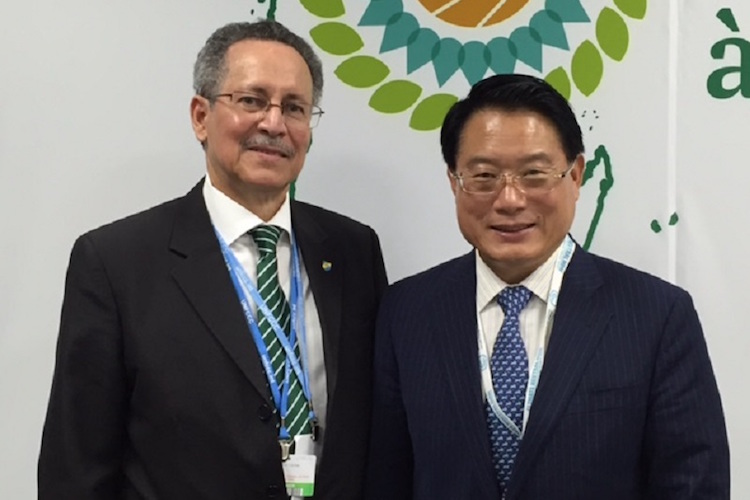By Thalif Deen* NEW YORK (IDN) — A recent joint press release by the World Food Programme (WFP) and the Food and Agriculture Organization (FAO) had an arresting headline: Famine Relief Blocked by Bullets, Red Tape and Lack of Funding. But not necessarily in that order.
Acute Food Insecurity Threatens World’s 23 ‘Hunger Hotspots’
By Jaya Ramachandran ROME (IDN) — A new report by the UN’s Food and Agriculture Organization (FAO) and World Food Programme (WFP) has warned that “life-saving aid” to families on the brink of famine is being cut off in several countries by fighting and blockades. Of serious concern, says the report, are 23 ‘hunger hotspots’ […]
Indian Farmers Continue to Innovate with Their Protests
By Arun Srivastava* NEW DELHI (IDN) — World history is full of narratives of peasant struggles and uprising. India also has seen many of them which had different perspectives and dimensions. Early peasant movements were usually against feudal and semi-feudal societies and resulted in violent uprisings.
Indian Farmers’ Protests Continue to be Innovative
By Arun Srivastava* NEW DELHI (IDN) — World history is full of narratives of peasant struggles and uprising. India also has seen many of them which had different perspectives and dimensions. Early peasant movements were usually against feudal and semi-feudal societies and resulted in violent uprisings.
Millets Prove Tasty Solution to Climate and Food Security Challenges
By UN News NEW YORK (IDN) — A renewed focus on boosting the production of millets and highlighting their benefits, is critical to reducing over-reliance on more commonly grown crops, boosting diverse diets, and food security. That’s especially true during periods of natural disaster when food becomes scarce, according to Dr Nancy Aburto, an agriculture […]
27 Million in the Sahel and West Africa Facing Unprecedented Food and Nutrition Crisis
By Jaya Ramachandaran PARIS (IDN) — The Sahel and West Africa are facing a major food and nutrition crisis for the second consecutive year and 27.1 million people will be at risk during the 2021 lean season, according to experts. A swift and co-ordinated response, they say, is needed alongside strengthened political commitment to finding […]
A Three-Day Event in Italy to Set the Stage for UN Food Systems Summit
By Jaya Ramachandran ROME (IDN) — Under the leadership of UN Secretary-General António Guterres and Italy’s Prime Minister Mario Draghi, the Pre-Summit of the 2021 UN Food Systems Summit from July 19 to July 21 will bring together worldwide efforts and contributions aiming at transforming global food systems. Youth, smallholder farmers, indigenous peoples, researchers, the […]
Rural Voices to Be Heard at Food Systems Summit
By Kwame Buist ROME (IDN) – The United Nations is to involve millions of rural people in the 2021 Food Systems Summit as part of an ambitious public engagement process, in which indigenous communities, family farmers, rural women and youth are among those invited to take a seat at the table during Independent Dialogues to […]
Youth Movement Leads for Food Systems Transformation
By Ronald Joshua ROME (IDN) – A wave of self-organised youth-led groups across the world has joined the growing momentum behind the 2021 UN Food Systems Summit, which will peak in September. The UN Food Systems Summit was announced by the UN Secretary-General, António Guterres, on World Food Day last October as a part of […]
Transformation of Agri-Food Systems Crucial for FAO in 2021
By Ronald Joshua ROME (IDN) – Director-General QU Dongyu of the Food and Agriculture Organization (FAO) of the United Nations has declared 2021 a key year to move forward the transformation of agri-food systems, marked by big events, particularly the UN Food Systems Summit in New York, the Pre-Summit in Rome, and FAO’s Youth World […]



